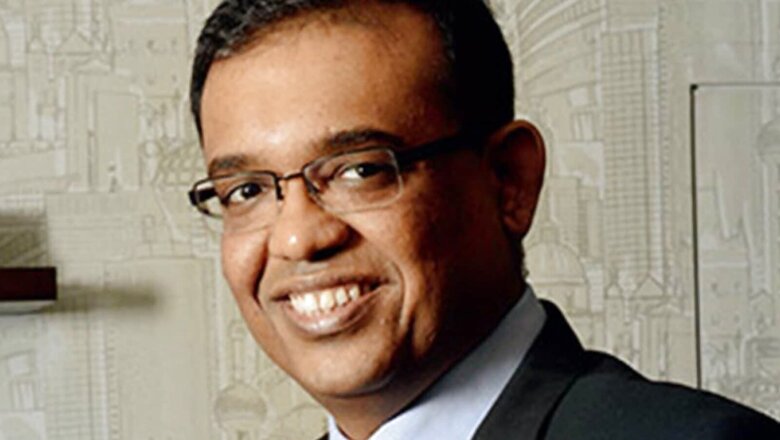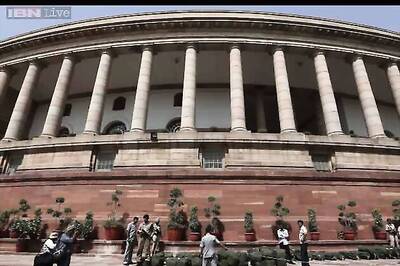
views
Titagarh Wagons Ltd has been engaged in the manufacturing of railway wagons, Bailey bridges and heavy earth-moving mining equipment for 25 years.
The firm was started by CEO Jagadish Prasad Chowdhary on July 3, 1997. He was first an account assistant in a tea estate in Darjeeling, later became the accountant of a steel-casting company and eventually the CEO of Titagarh Wagons. He purchased the closed foundry division of state-owned Britanni Engineering in Titagarh, began manufacturing railway castings and never looked back.
Recently, West Bengal CM Mamata Banerjee inaugurated a Stainless Coach Manufacturing facility, at the Uttarpara Plant, a brownfield expansion of the group.
On the occasion of its silver jubilee, Umesh Chowdhary, MD and Vice-Chairman of Titagarh Wagons, spoke exclusively to News18 and stressed how the state of Bengal now stands for business. He also added that PM Modi’s ‘Make in India’ concept has been revolutionary for indigenous industries such as Titagarh. “Falta shipyard will also be good in our extension plan. We are making naval ships in Titagarh, and, in the future, will make those in Falta too.”
Excerpts from an interview:
What is your plan for the next five years in terms of employment and production?
We plan to double our recruitment in the next five years. Right now, it is 250 coaches, but we plan to produce 450 coaches per year. The capacity of the Titagarh plant was 4,800 and 8,400 if we combine the three units. We had received orders on May 29 and in June, we reached 6,000 wagons in the TGH unit, which means a combined capacity of 9,600. In the next six months, we want to increase the capacity of TGH unit to 8,400 wagons and bring the combined capacity to 12,000 wagons. In 2023-24 fiscal, we target to produce 1,000 wagons a month from TGH.
For times immemorial, the industry in Bengal has a bad image. Have things changed?
Bengal means business now. We started with Rs 59 lakh, now we are worth Rs 11,000 crore. All our factories are in Bengal. Things have changed totally. We faced issues with unions, which is not the case now. There is huge Government support, with one-window clearance. Moreover, people also have changed. The youth were earlier agitation-oriented, now they are growth-oriented. We are comfortable expanding industry here.
How have the Central Government policies helped you?
I think ‘Make in India’, ‘Atmanirbhar Bharat’ are the biggest reforms our country has seen in decades. It has opened up huge opportunities for industries like ours. Now, we can compete with global industries. The current Modi government has opened up the horizon. This is transformation.
You have a programme to recruit engineers and train them in Italy…
We have a tie-up. We are constantly recruiting people and plan to send them to Italy every year. This year, we couldn’t do it because of the pandemic. We will be take Indian investment abroad too.
There is brain drain both from Bengal and India. Don’t you think it’s a problem?
People have become restless. They want to work in different locations. You must have heard about the great resignation. People are mobile now. But not all are going out, many are coming back too. I don’t buy this brain drain theory. There are opportunities in India and also in Bengal. Together, we can do a lot more work.
Read all the Latest News and Breaking News here
















Comments
0 comment